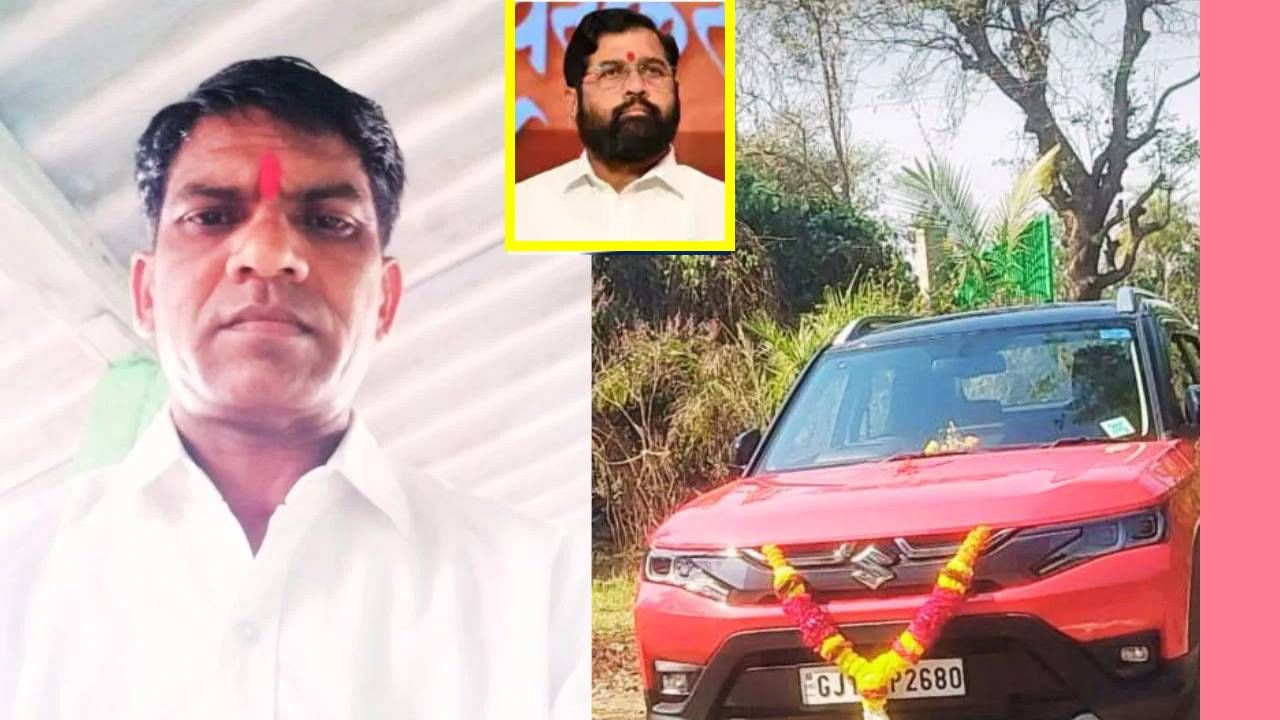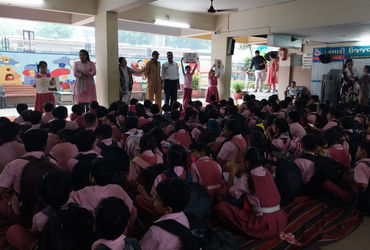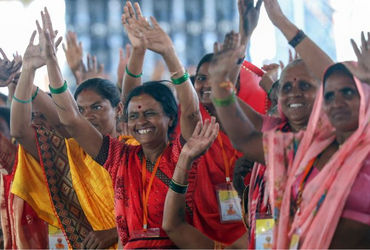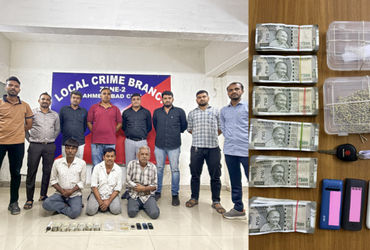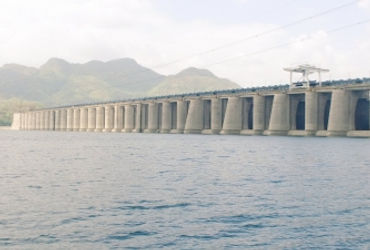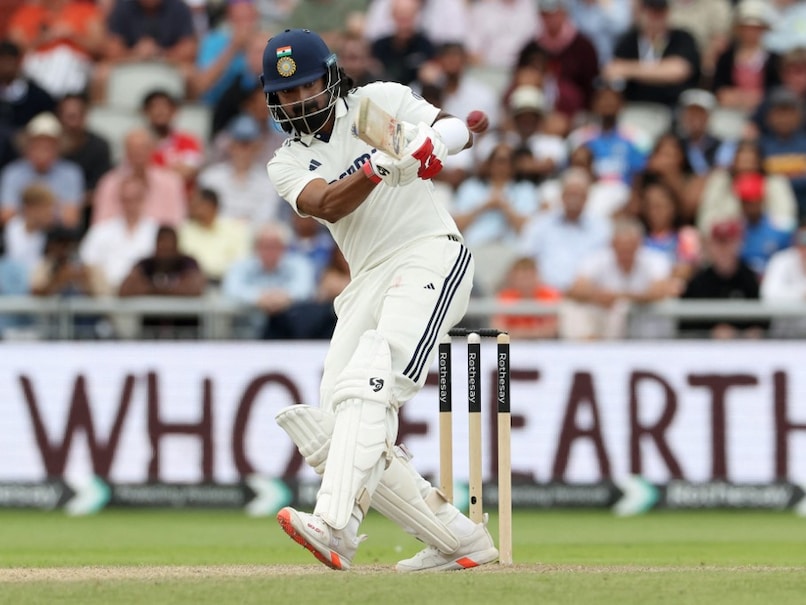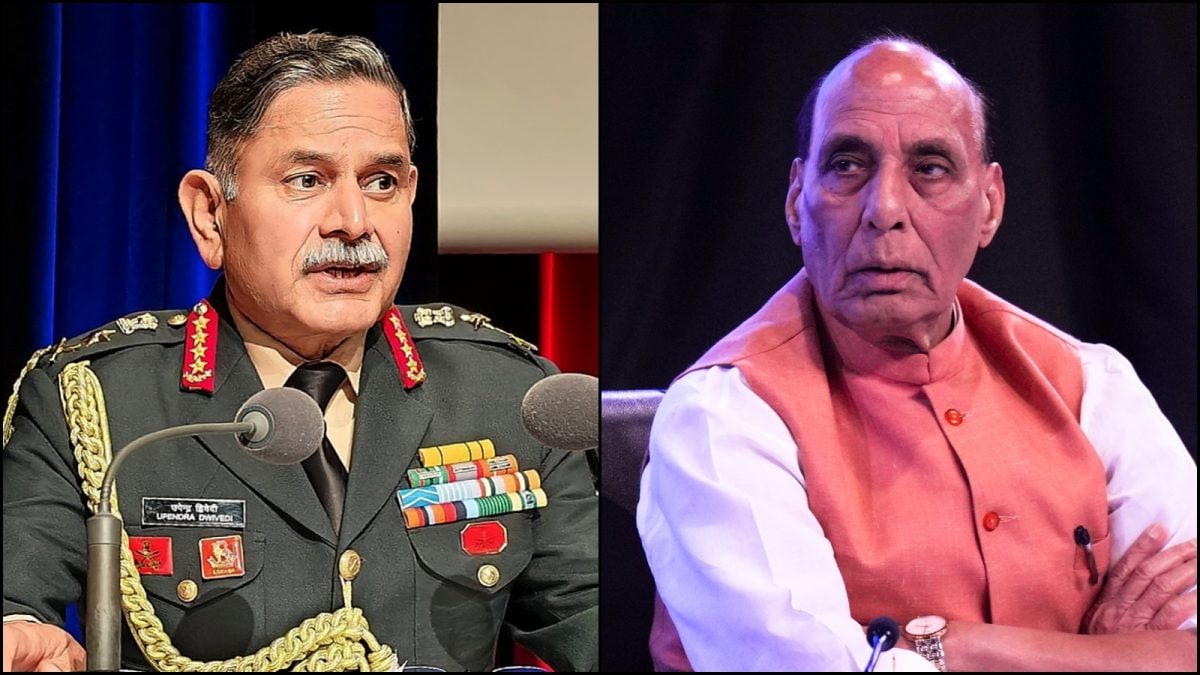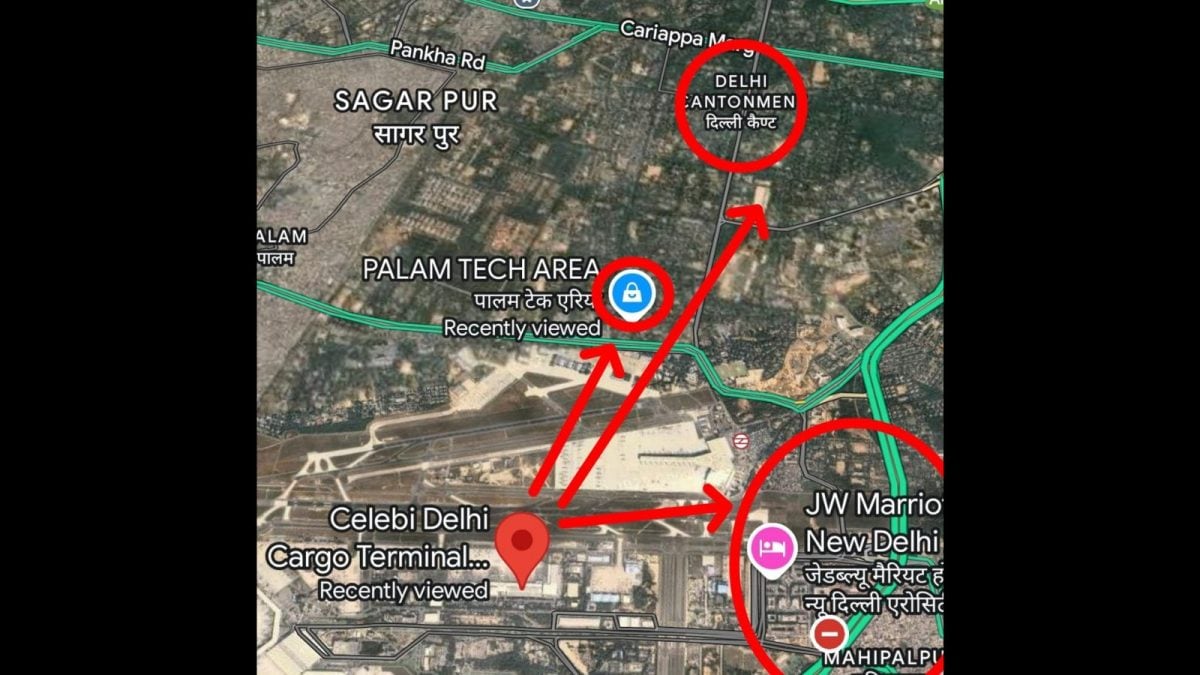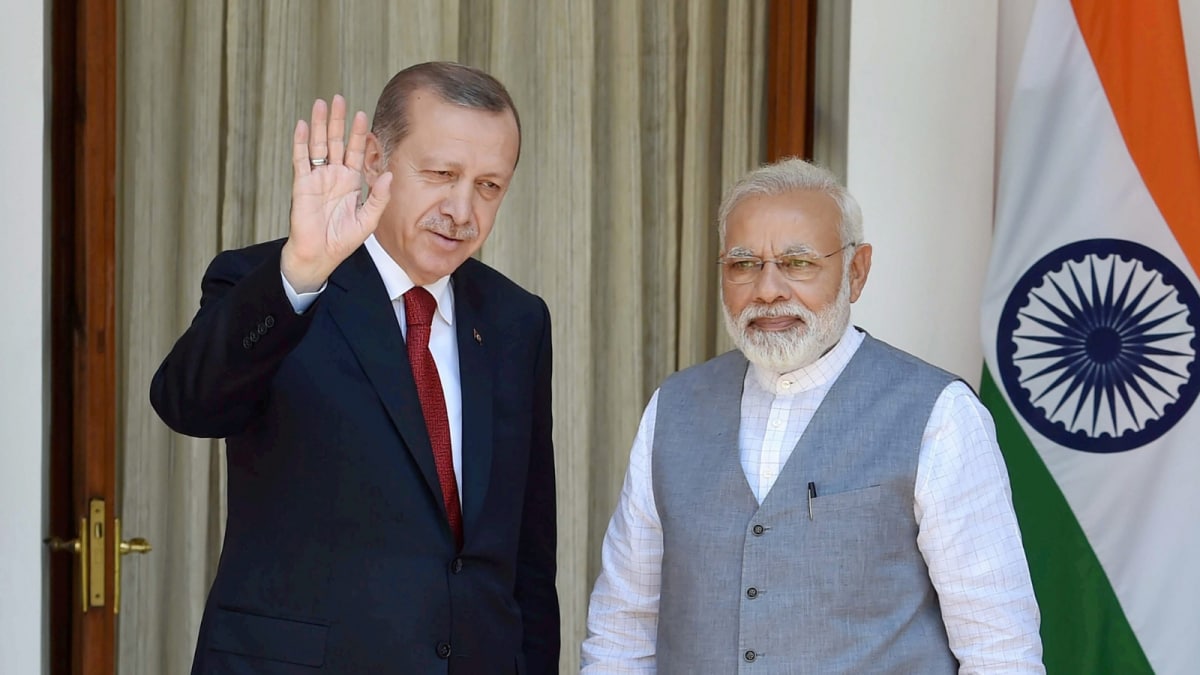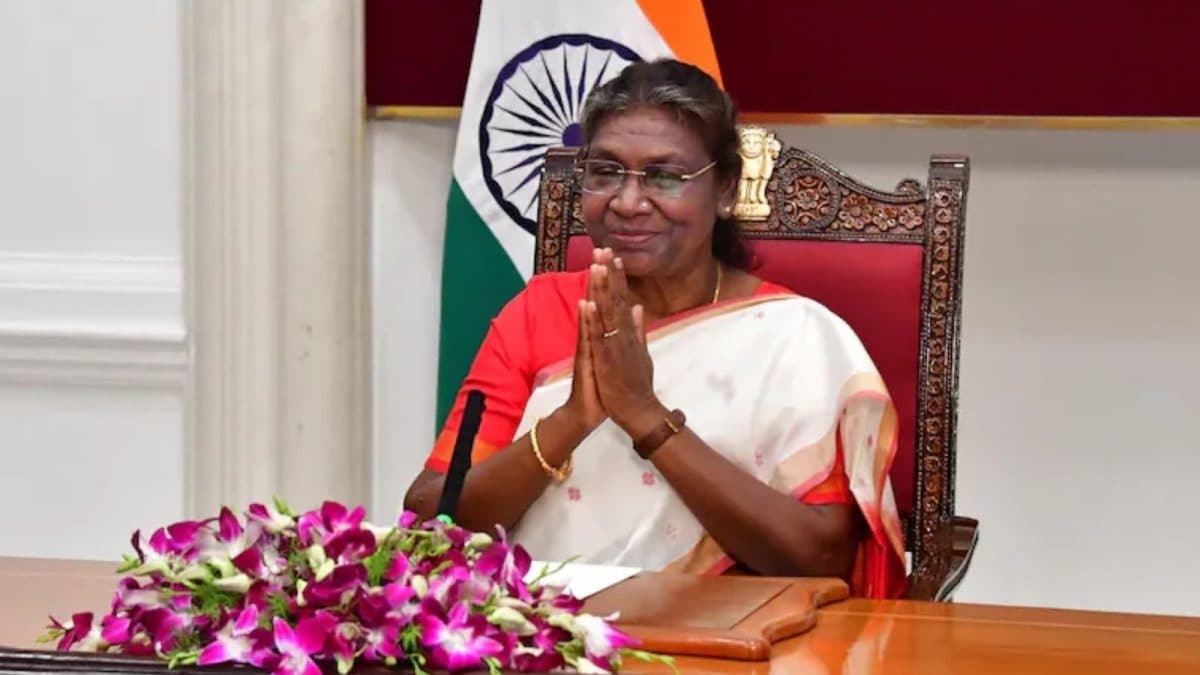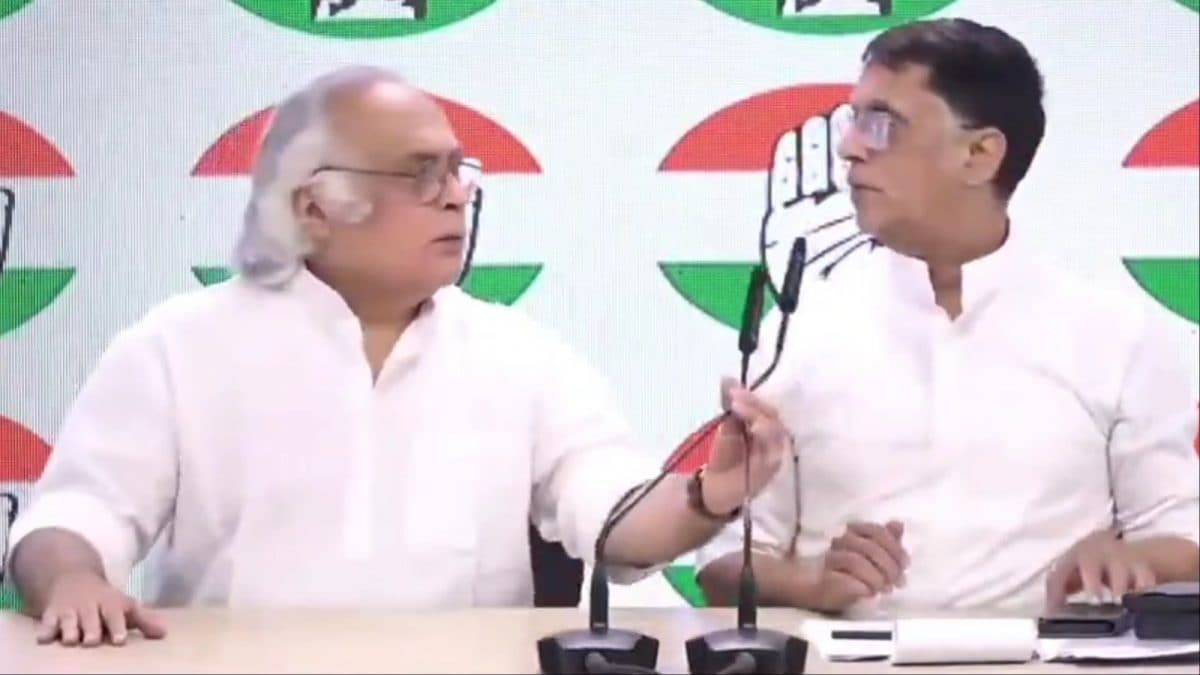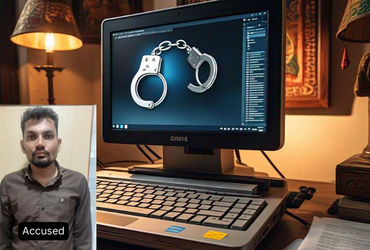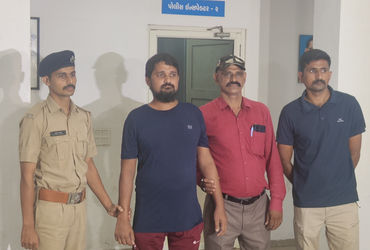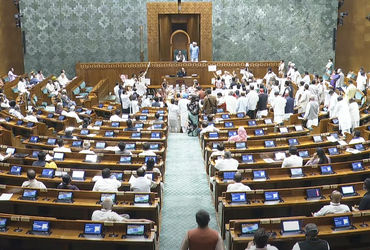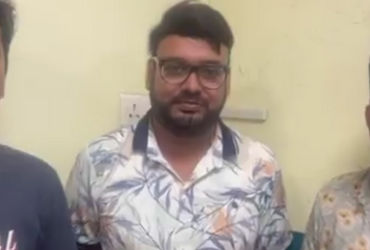Government of India directs Air India to end 'back seat driving’, suggests measures
After the Air India plane crash in Ahmedabad, the Centre has taken a tough stance. In a meeting held with Tata Sons and Air India Chairman N Chandrasekaran, the government issued two firm directives in strong terms.First, the culture of "backseat driving" in Air India’s top departments, especially those impacting safety directly, must be immediately eliminated. Second, senior personnel heading key departments should be empowered to make decisions.Reports suggest that even now, most major decisions in Air India are being taken by the owners and the Air India chairman himself. After the Ahmedabad crash, the Centre strongly reprimanded Tata Sons and instructed Air India to empower senior officials in top departments to take decisions. Currently, these officials are often blamed for mistakes and failures without actually having decision-making authority. In many cases, the decisions are taken by someone else, while a different person occupies the official position. This dysfunctional system has been strictly ordered to end.Civil Aviation Minister Ram Mohan Naidu, Secretary Sameer Kumar Sinha, and DGCA chief Faiz Ahmad Kidwai held a meeting with N Chandrasekaran on Friday to discuss safety-related reforms. Chandrasekaran reportedly agreed with the Centre's directives. As per reports, critical departments such as Security, Training, Maintenance, Engineering, and the Integrated Operations Control Centre (IOCC) were emphasised for better management and safety practices.Contradictions were found in some departments — with one individual holding a post, while another held the decision-making authority. The government sees this as a serious issue and expects Chandrasekaran to bring swift reforms.In response to the Ahmedabad crash and recurring glitches or minor accidents involving Air India aircraft, the Civil Aviation Ministry has been engaged in high-level discussions with Air India’s management, led by CEO Campbell Wilson. These discussions spanned over three days. On June 21, the DGCA ordered the removal of three AI officials linked to crew scheduling issues. A stern warning followed — if flaws in crew scheduling persist, the government may go as far as shutting down Air India.The Centre also ordered that the airline must not store parts of crashed aircraft at its Gurugram office. Currently, this office displays seats, equipment, and flight data recorders as a reminder of safety needs. However, many employees reportedly disapprove of this practice.
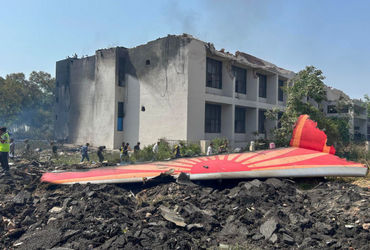
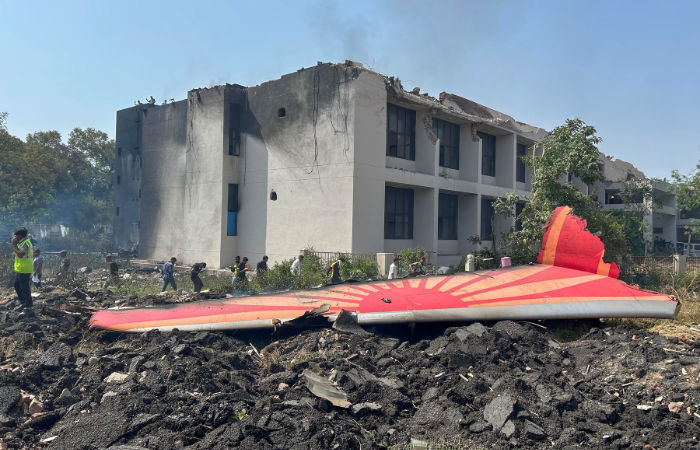
After the Air India plane crash in Ahmedabad, the Centre has taken a tough stance. In a meeting held with Tata Sons and Air India Chairman N Chandrasekaran, the government issued two firm directives in strong terms.
First, the culture of "backseat driving" in Air India’s top departments, especially those impacting safety directly, must be immediately eliminated. Second, senior personnel heading key departments should be empowered to make decisions.
Reports suggest that even now, most major decisions in Air India are being taken by the owners and the Air India chairman himself. After the Ahmedabad crash, the Centre strongly reprimanded Tata Sons and instructed Air India to empower senior officials in top departments to take decisions. Currently, these officials are often blamed for mistakes and failures without actually having decision-making authority. In many cases, the decisions are taken by someone else, while a different person occupies the official position. This dysfunctional system has been strictly ordered to end.
Civil Aviation Minister Ram Mohan Naidu, Secretary Sameer Kumar Sinha, and DGCA chief Faiz Ahmad Kidwai held a meeting with N Chandrasekaran on Friday to discuss safety-related reforms. Chandrasekaran reportedly agreed with the Centre's directives.
As per reports, critical departments such as Security, Training, Maintenance, Engineering, and the Integrated Operations Control Centre (IOCC) were emphasised for better management and safety practices.
Contradictions were found in some departments — with one individual holding a post, while another held the decision-making authority. The government sees this as a serious issue and expects Chandrasekaran to bring swift reforms.
In response to the Ahmedabad crash and recurring glitches or minor accidents involving Air India aircraft, the Civil Aviation Ministry has been engaged in high-level discussions with Air India’s management, led by CEO Campbell Wilson. These discussions spanned over three days. On June 21, the DGCA ordered the removal of three AI officials linked to crew scheduling issues. A stern warning followed — if flaws in crew scheduling persist, the government may go as far as shutting down Air India.
The Centre also ordered that the airline must not store parts of crashed aircraft at its Gurugram office. Currently, this office displays seats, equipment, and flight data recorders as a reminder of safety needs. However, many employees reportedly disapprove of this practice.
What's Your Reaction?










